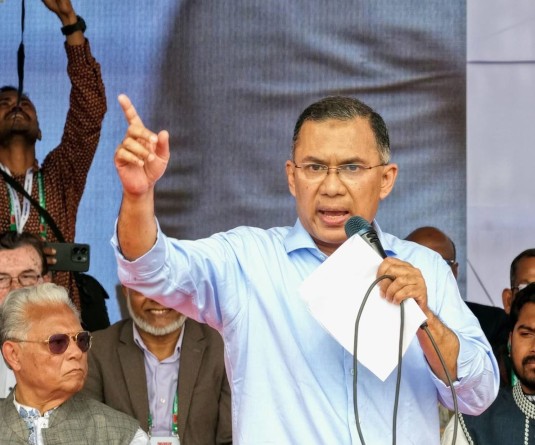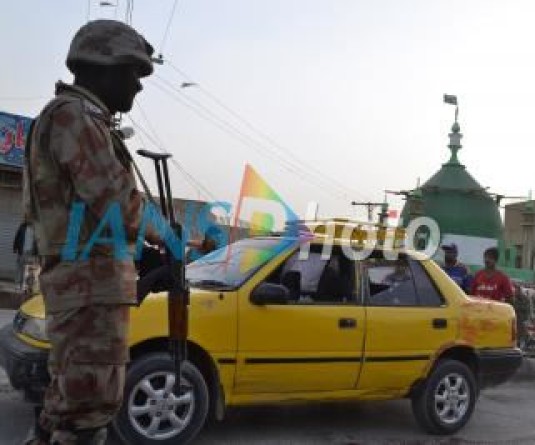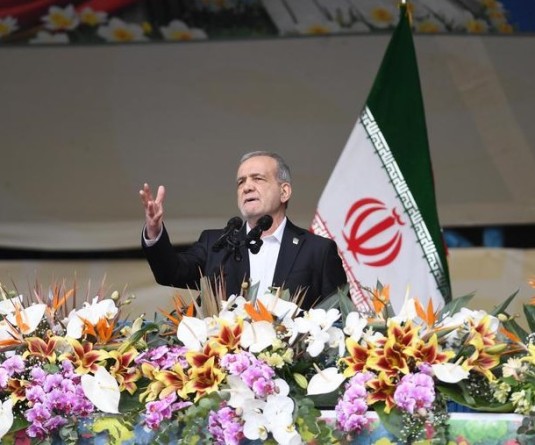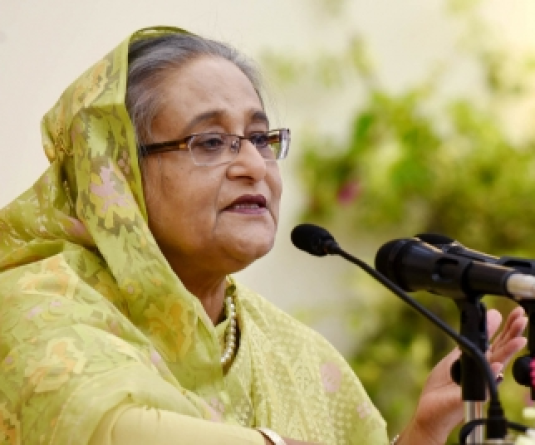
Dhaka, August 18 (PTI): A Bangladeshi high-powered administrative committee has suggested sacking an executive magistrate here for sentencing a journalist to one-year imprisonment, staging a "midnight mobile court" under a "concocted charge", officials and.
The Public Administration Ministry's Investigation Committee simultaneously proposed punitive actions against the administrative chief or deputy commissioner and three other junior officers of northwestern Kurigram district for instigating or pressuring the magistrate to carry on the "prejudiced actions".
Bangla Tribune newspaper's Kurigram correspondent Ariful Islam earned the wrath of the then deputy commissioner Sultana Parveen and several of her colleagues for his reports on malpractices in the district administration, mass circulation Bengali newspaper Prothom Alo reported.
The police detained Islam from his home on March 13 midnight last year and brought him before Executive Magistrate Rintu Bikash Chakma's "mobile court", which sentenced him to one-year imprisonment on allegations that half a bottle of liquor and 150 grams of cannabis were found in his possession.
The incident sparked a huge media outcry at the time, prompting authorities to withdraw and initiate a departmental investigation against Parveen, Assistant Commissioners Nazim Uddin and Rahatul Islam; and Magistrate Chakma, himself an Assistant Commissioner as well.
All the four belonged to Bangladesh Civil Service's Administrative cadre. The committee reviewed that Chakma must shoulder extra responsibility being the magistrate of the court.
"The committee thinks that the magistrate (Chakma) must shoulder an extra responsibility for staging a concocted trial ignoring his role of a 'judicial institution' which actually is supposed to deliver justice," an official familiar with the process said preferring anonymity.
The committee suggested the annual increment of Parveen and assistant commissioner Rahatul Islam be suspended for two and three years respectively and proposed demotion for Uddin as he had played a vigorous role in staging the so-called trial.
Officials said the proposals for the punitive measures were sent to the Prime Minister's Office to be forwarded to the Bangabhaban Presidential Palace for the final approval or any other decision by President Abdul Hamid, in line with the procedure.
"But generally the public administration ministry recommendations were upheld in most such cases so far with few exceptions, though the president has the authority to revise the proposals," an official of the ministry said.
Journalist Ariful Islam, however, told the Prothom Alo newspaper that the committee decision could not satisfy him since "Parveen was the key person, but minimal punishment was prescribed for her".
"As I understand she had mounted pressure on the magistrate while two other officials were present at the court and interfered in its procedure going beyond their authority and misbehaved with me," Islam said.
Former Cabinet Secretary Ali Imam Majumdar said if the public administration proposals came after due investigations, the accused could seek a revision at the Administrative Tribunal after the presidential decision.






